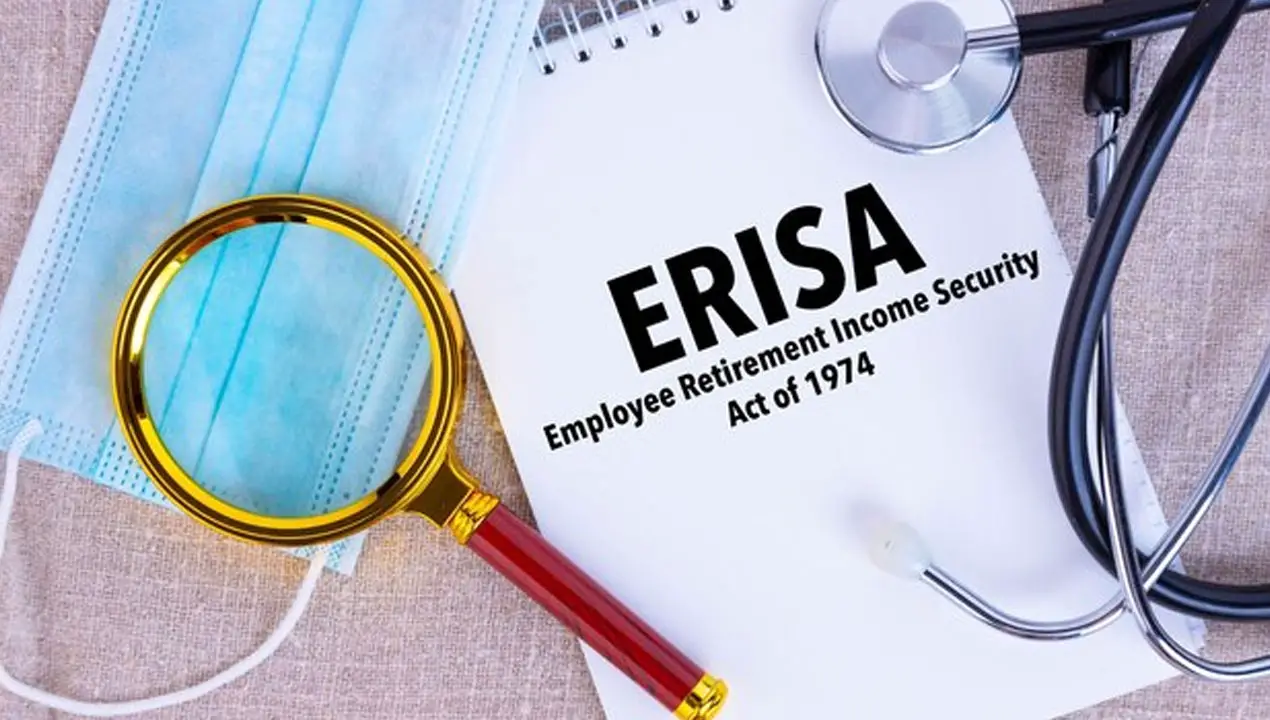ERISA Laws: A Comprehensive Guide to Overcoming Insurer Misconduct
The landscape of employee benefits is safeguarded by the Employee Retirement Income Security Act of 1974 (ERISA), a federal law meticulously designed to shield the interests of employees and their beneficiaries in employer-sponsored retirement and welfare benefit plans.
Navigating ERISA’s Realm
ERISA extends its regulatory reach over a diverse array of employee benefit plans, encompassing:
- Employer-Sponsored Retirement Plans: Including 401(k)s and pension plans.
- Health and Welfare Benefit Plans: Encompassing group health insurance and disability insurance.
- Other Fringe Benefits: Such as life insurance, severance pay, and stock options.
Safeguarding Provisions of ERISA
To ensure the welfare of plan participants and beneficiaries, ERISA introduces pivotal provisions, including:
1. Fiduciary Responsibilities
Those managing the plan are held to stringent fiduciary standards, necessitating actions solely in the best interests of plan participants and beneficiaries. This guarantees that decisions prioritize the financial well-being of those they serve.
2. Disclosure Requirements
Plan sponsors must furnish participants with comprehensive information about the plan’s terms, funding, and benefits. This transparency empowers individuals to make informed decisions regarding their retirement and welfare benefit plans.
3. Vesting and Funding Rules
ERISA establishes rules governing vesting, funding, and accrual of benefits to ensure fair and secure benefit distribution, aligning with participants receiving the benefits they’ve earned.
4. Claims Procedures
Mandating specific procedures for filing and appealing benefit claims, ERISA provides participants with a clear path to challenge denied claims, fostering a structured and equitable process for dispute resolution.
5. Appeals Process
Participants possess the right to appeal denied claims, ensuring a full and fair review by the plan administrator. This grants them the opportunity to address discrepancies or misunderstandings in the claims process.
Triumphing Over Insurer Misconduct
Insurer misconduct can manifest in various forms, such as wrongful claim denials or delayed disability benefit payments. To combat such issues, plan participants and beneficiaries can utilize ERISA effectively:
1. Review Plan Documents
Thoroughly review the plan documents provided by your employer before taking action. Understanding the plan’s terms, conditions, and claims procedures is pivotal in constructing a robust case against insurer misconduct.
2. File a Claim
Follow the plan’s procedures meticulously when filing a benefit claim. Maintain copies of all documentation, including claim forms, medical records, and correspondence with the insurer.
3. Appeal Denied Claims
In case of denial, exercise your right to appeal. ERISA mandates a formal appeals process that requires the insurer to provide a detailed explanation for the denial. Collect additional evidence to bolster your case during the appeal.
4. Seek Legal Counsel
If your claim remains denied, seeking legal counsel becomes imperative. An experienced disability lawyer can navigate the legal complexities, elucidate your rights, and represent your interests in court if necessary.
5. File a Lawsuit
Under ERISA, filing a lawsuit in federal court is an option to challenge insurer misconduct and recover entitled benefits. With the support of an ERISA disability lawyer, this legal action becomes a potent tool to hold insurers accountable.
ERISA’s Remedies
ERISA provides several remedies for plan participants and beneficiaries affected by insurer misconduct:
- Benefit Recovery: If successful in a lawsuit, the court may order the insurer to pay owed benefits, including accrued interest.
- Attorneys’ Fees: Successful plaintiffs can recover attorneys’ fees and costs, ensuring accessibility to legal representation.
- Equitable Relief: The court may grant relief, such as enforcing fiduciary duties or modifying the plan to rectify misconduct.
- Penalties: ERISA imposes penalties on plan administrators failing to comply with disclosure and reporting requirements.
In Conclusion
ERISA stands as an indispensable shield for employees and beneficiaries in the face of insurer misconduct. By comprehending the law, diligently adhering to claims procedures, and seeking legal aid when necessary, individuals can leverage ERISA effectively, ensuring they receive the benefits they rightfully deserve.
Ultimately, ERISA’s mission is to guarantee that employees and their families can trust their employer-sponsored benefit plans for financial security and peace of mind.

